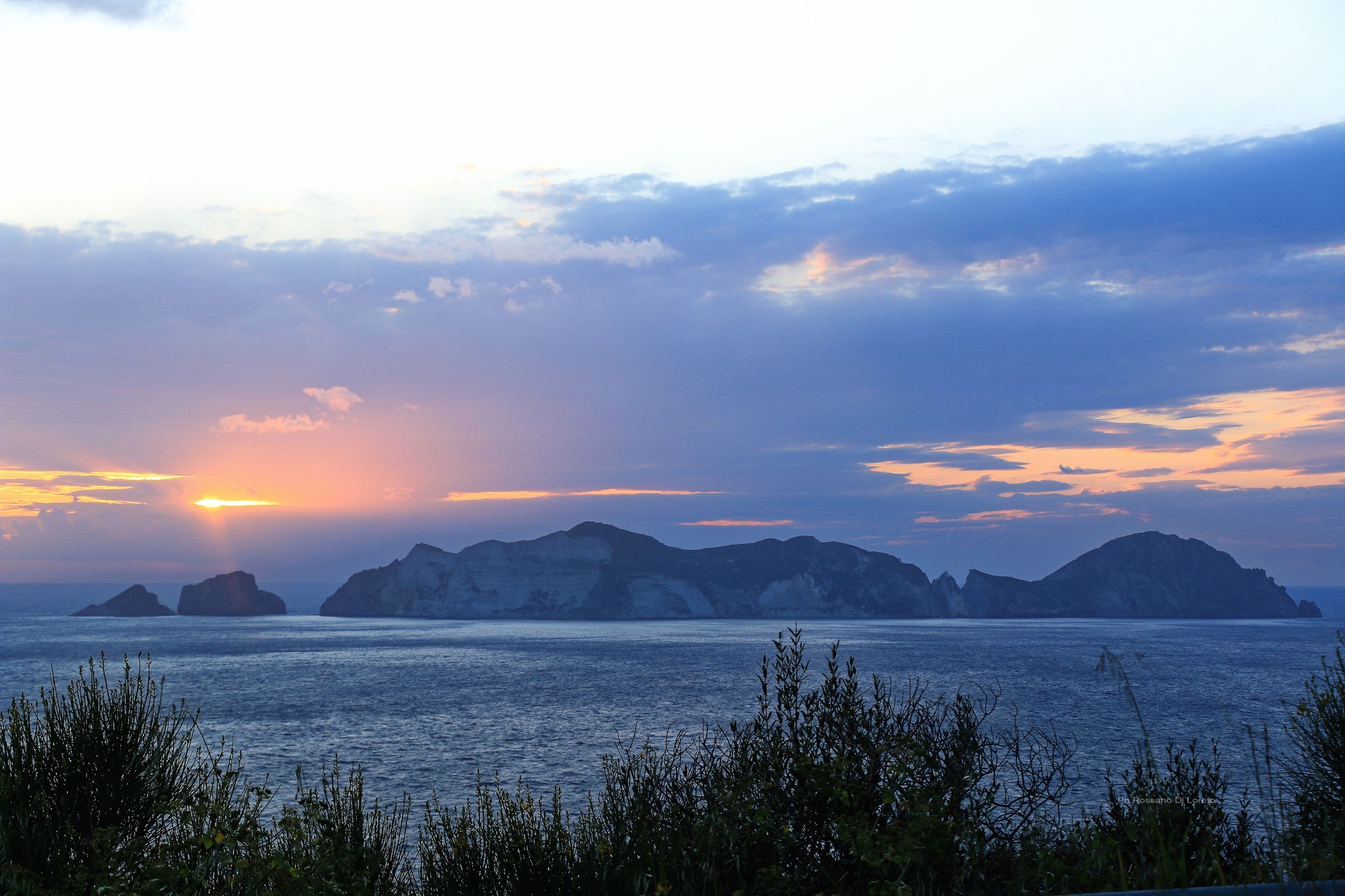.
Continua dalla prima parte
Indimenticabile, come prologo, il canto del griot sdentato, sotto un albero in mezzo al deserto, ne L’Assedio (Besieged, 1998) di Bertolucci, un film minimalista, ma tra i suoi migliori, secondo me.
 L’assedio, di Bernardo Bertolucci. Shandurai è Tandie Newton
L’assedio, di Bernardo Bertolucci. Shandurai è Tandie Newton
Troppo ampio e impegnativo parlare della musica africana – un tema e un continente sterminati -, per cui darò solo dei flash, delle illuminazioni per aprire (spero) il campo alla curiosità; poi il tema ciascuno può approfondirlo come crede meglio.
L’espressione “musica africana” viene talvolta usata anche in modo più specifico per riferirsi alla musica dell’africa sub-sahariana, essendo la tradizione musicale del Nordafrica essenzialmente sovrapponibile a quella mediorientale. Elementi mediorientali si trovano anche nella musica dei popoli della costa est del continente, che risente anche di influenze indiane, persiane e in generale degli effetti degli scambi commerciali e culturali sull’Oceano Indiano. In ogni caso, anche all’interno di queste tre aree principali (Nordafrica, Africa sub-sahariana, Africa orientale) esiste una grandissima diversificazione degli stili sia della musica etnica tradizionale che della musica moderna (sintesi da Wikipedia).
È soprattutto caratterizzata dal ritmo frenetico emesso dai suoi tamburi.
Ciò che ritroveremo sempre in ogni variante musicale, a prescindere dallo scopo per cui viene prodotta, è la caratteristica poliritmia, la capacità cioè di sviluppare contemporaneamente diversi ritmi e di mantenerli in modo costante ed uniforme, senza che uno prevarichi su di un altro.
È una musica “popolare” per esempio, quella dei un griot (o griotte, poeta cantore) proprio perché in molti contesti le relazioni sono spesso basate sull’impatto emozionale. Anche il canto è molto diffuso e riveste una funzione sociale importantissima, durante i funerali, ad esempio, per ripercorrere le tappe dell’esistenza del defunto, dunque mantenerne viva la memoria e per narrare le imprese degli antenati cui spetta il compito di accogliere l’anima della persona mancata.
Le epopee mitiche cantate dai griot, oltre a mettere in evidenza il potere costituito, trasmettono gli avvenimenti particolari che fanno parte della storia di una comunità e permettono una trasmissione facilitata proprio dal ritmo della melodia sottostante. Il canto, la musica e la danza diventano da un lato veicoli di tipo simbolico e dall’altro preziosi strumenti della memoria collettiva.
La musica tradizionale si trasmette oralmente, dunque non esistono spartiti o forme scritte in cui è possibile rinvenire delle melodie. Tutto viene creato e comunicato direttamente ed è per questo che un aspetto importantissimo è dato dall’improvvisazione (ancora da Wikipedia – ibidem).
Avevamo chiuso la prima parte con Miriam Makeba, e con lei la riapriamo, in duetto con un musicista – Paul Simon (già Simon & Garfunkel, della premiata ditta attiva dal 1957 al 1970) [numerose presenze nel sito: digitare – Simon e Garfunkel – in “Cerca nel Sito”].
Paul Simon si è accostato con rispetto e genio alla musica africana (soprattutto del sud-Africa) nel suo album-capolavoro che è stato Graceland (1986): premiato con il Grammy Award all’album dell’anno nel 1987.

Un ‘assaggio’ dall’album, in cui Paul Simon si è avvalso della collaborazione di molti musicisti africani, è questa canzone eseguita insieme a Miriam Makeba, straordinaria donna/cantante dalla vita esemplare (cfr. nella prima parte).
Paul Simon with Miriam Makeba – Under African Skies (Live from The African Concert, 1987)

The way Paul looks at Miriam: sheer admiration and joy of being able to sing this song with this grand lady of south african music.
“Il modo in cui Paul guarda Miriam: pura ammirazione e gioia di essere stato in grado di cantare questa canzone con la grande signora della musica (sud)africana.
Graceland ci ha aiutato a scoprire i ritmi incredibili della musica sudafricana e ci ha reso più consapevoli di quella piaga che è stato a quel tempo l’apartheid in Sud-Africa. Dio benedica tutti e ciascuno di quel popolo coraggioso che combatté contro il razzismo per tutta la vita. Pace & Amore”.
“Graceland helped us all discover the incredible rhythms of african music ,and be more aware of an evil at that time in South Africa, called ‘,apartheid .” God bless us all and all the courageous people who fought against racism in their lifetimes . Peace n’ Love”
Under African Skies
Joseph’s face was black as night
The pale yellow moon shone in his eyes
His path was marked
By the stars in the Southern Hemisphere
And he walked his days
Under African skies
This is the story of how we begin to remember
This is the powerful pulsing of love in the vein
After the dream of falling and calling your name out
These are the roots of rhythm
And the roots of rhythm remain
In early memory
Mission music
Was ringing ’round my nursery door
I said take this child, Lord
From Tucson Arizona
Give her the wings to fly through harmony
And she won’t bother you no more
This is the story of how we begin to remember
This is the powerful pulsing of love in the vein
After the dream of falling and calling your name out
These are the roots of rhythm
And the roots of rhythm remain
Joseph’s face was as black as the night
And the pale yellow moon shone in his eyes
His path was marked
By the stars in the Southern Hemisphere
And he walked the length of his days
Under African skies
Per chiudere, un secondo brano di musica occidentale in qualche modo collegato con l’Africa, che mi ha intrigato nei giorni in cui stavo preparando questi pezzi sulla musica africana (suggestione su suggestione)…
Si tratta del classico Africa, dei Toto (un singolo del 1982 del gruppo, estratto dall’album Toto IV)
.

.
I hear the drums echoing tonight
But she hears only whispers of some quiet conversation
She’s coming in, 12:30 flight
The moonlit wings reflect the stars that guide me towards salvation
I stopped an old man along the way
Hoping to find some old forgotten words or ancient melodies
He turned to me as if to say, “Hurry boy, it’s waiting there for you”
It’s gonna take a lot to drag me away from you
There’s nothing that a hundred men or more could ever do
I bless the rains down in Africa
Gonna take some time to do the things we never had (ooh, ooh)
The wild dogs cry out in the night
As they grow restless, longing for some solitary company
I know that I must do what’s right
As sure as Kilimanjaro rises like Olympus above the Serengeti
I seek to cure what’s deep inside, frightened of this thing that I’ve become
It’s gonna take a lot to drag me away from you
There’s nothing that a hundred men or more could ever do
I bless the rains down in Africa
Gonna take some time to do the things we never had (ooh, ooh)
Hurry boy, she’s waiting there for you
It’s gonna take a lot to drag me away from you
There’s nothing that a hundred men or more could ever do
I bless the rains down in Africa
I bless the rains down in Africa
(I bless the rain)
I bless the rains down in Africa (I bless the rain)
I bless the rains down in Africa
I bless the rains down in Africa (ah, gonna take the time)
Gonna take some time to do the things we never had (ooh, ooh)









